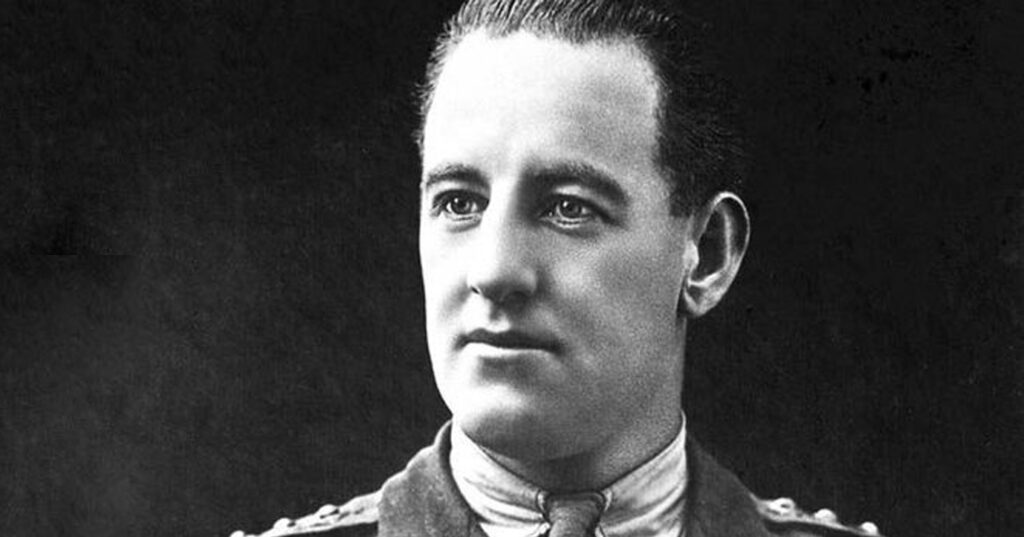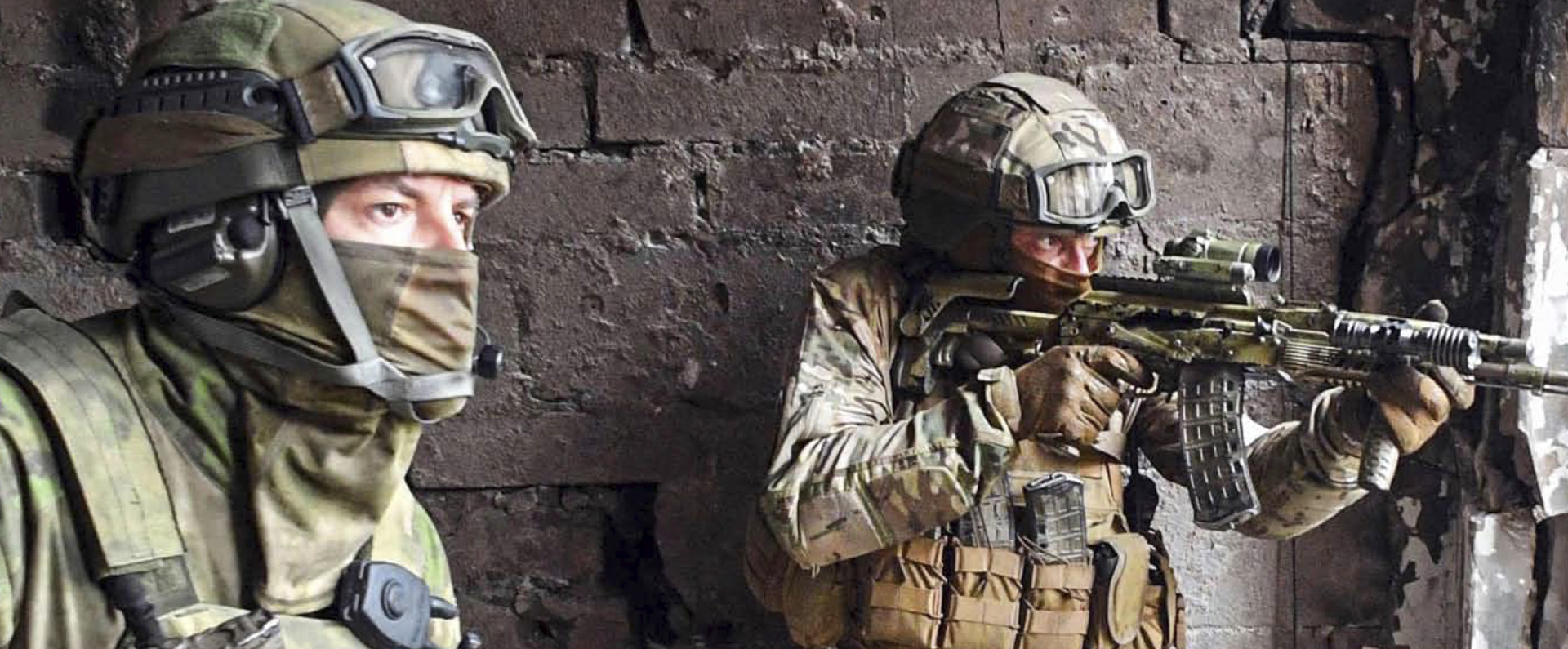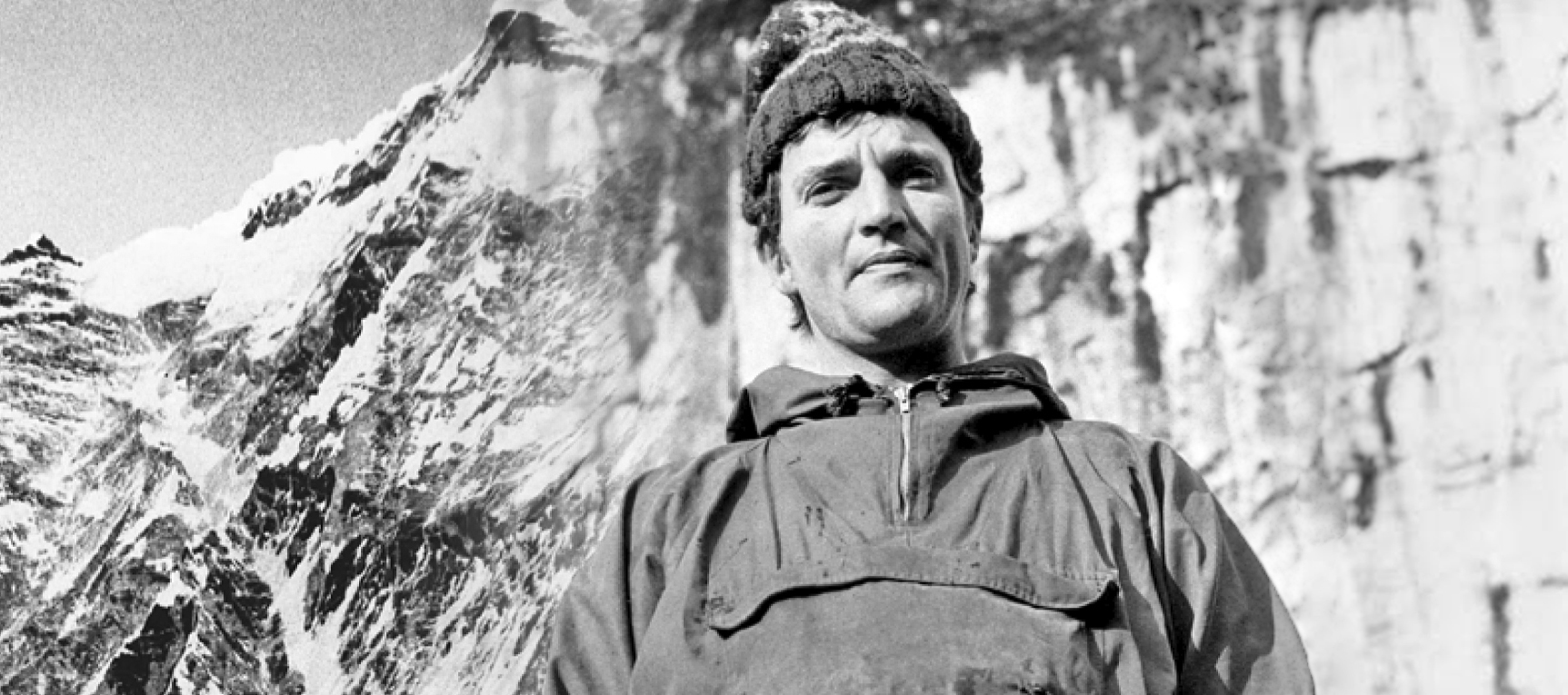
Published in Britain at War July 2015.
Albert Jacka: Aggression
Albert Jacka was born in Layard, Victoria, Australia, on 10 January 1893. He was the fourth of seven children born to Nathaniel Jacka, a timber worker, and his English-born wife Elizabeth. When Albert, usually known as Bert, was five years old, his family moved to Wedderburn, Victoria.
After leaving school, Jacka worked as a labourer with is father and, later, an engine cleaner before, aged 18, joining the Victoria State Forests Department. He was also a talented sportsman and he excelled at cycling.
On 8 September 1914, after the outbreak of the Great War, he enlisted in the Australian Imperial Force (AIF). On 10 November, he was posted to 14th Battalion, AIF, as an acting lance corporal and on 22 December he embarked for the Middle East for two months training.
On 25 April 1915, Jacka took part in the historic landings at Gallipoli, landing at Anzac Cove. However, his VC was awarded for outstanding bravery at Courtney’s Post, Gallipoli, where some of the severely depleted 14th Battalion had been sent to support Anzacs who were under relentless attack from the Turks.
At 3.30am on 19 May 1915, a party of Turks crept up to the trench occupied by Jacka and his comrades and the enemy threw in eight bombs. Three men were killed and all of the rest, with the exception of Jacka, were injured. The Turks then jumped into the trench and most of the remaining Australians fled. Jacka, though, kept up a relentless fire on the enemy and thereby prevented their advance.
Jacka was asked if he would charge the Turks if some men could be found to back him up. “Yes, two or three,” he replied. With three volunteers, and leading from the front, Jacka launched his counter-attack on the mouth of the communication trench. However, the soldier who followed him was shot three times and the charge was abandoned.
Instead, Jacka asked one of the other volunteers to keep up a steady fire while he went along several trenches, crossed no-man’s land and then ambushed the Turks from the rear. Jacka shot five Turks and bayoneted two others, killing all seven men. “Well, I managed to get the beggars,” he said the next morning. His VC was announced on 24 July 1915.
Jacka was promoted to sergeant and then company sergeant major while still in the Dardanelles and, after the evacuation from Gallipoli, he went to Egypt, where he was promoted to 2nd lieutenant in March 1916. He served on the Western Front from 7 July 1916 and again displayed quite exceptional bravery at Pozieres on 7 August.
He and fourteen other men from the 14th Battalion were sent to relieve Anzacs who were holding an advanced trench under heavy German bombardment. Early in the morning, the Germans attacked and swept through the Anzac ranks. By now, only seven Australians were uninjured and Jacka himself had been slightly wounded.
As the Germans began to round up Anzac prisoners and wounded, Jacka told the seven fit men to attach their bayonets, saying: “If we stay here they are bound to capture us and I would sooner be dead than a prisoner. The supports cannot be long in coming. Let’s go for them.”
With these words ringing in their ears, the men advanced at scores of Germans, shooting their rifles from the hip. In fierce hand-to-hand fighting, Jacka received multiple wounds as the Germans started to encircle the Australian troops. However, support arrived in the nick of time: many Germans were shot, fifty were taken prisoner and several Australian prisoners were freed.
Bill Jacka, who visited his brother at the regimental aid post, left the ward thinking: “I won’t be seeing you again.” However, Bert Jack, despite even being reported dead at one stage, defied the odds and survived.
Having been evacuated to Britain, Jacka received his belated VC at an investiture in Windsor Castle in September 1916. However, he was resentful that he had not also been given a Bar to his VC for his actions at Pozieres, which he felt were six times more demanding than his heroics at Gallipoli – in fact, he was awarded the Military Cross (MC) for this gallantry.
Jacka returned to his battalion and was awarded a Bar to his MC for several one-man patrols at Bullecourt, where he personally guided the British tanks into position. Yet again though, many thought his extreme bravery worthy of a Bar to his VC.
Jacka is widely regarded as the greatest frontline soldier of the First World War, who could be terrifyingly aggressive when facing the enemy. Charles Bean, Australia’s Official War Historian, said: “Jacka should have come out of the war as the most decorated man in the AIF…Everyone who knows the facts, knows that Jacka earned the Victoria Cross three times.”
Jacka, who was promoted to captain in December 1916, was finally removed from the war by a mustard-gas attack in May 1918 at Villers-Bretonneux, which led to him undergoing life-saving surgery.
His VC was, however, the first awarded to a soldier from the Commonwealth forces during the Great War and it earned him £500 put up by a Melbourne businessman for being the first Australian to win the VC.
Jacka, who was demobbed in 1920 and married a year later, never fully recovered from his war injuries. After the war, he co-ran ran an electrical goods business and was elected Mayor of St Kilda, a suburb of Melbourne. However, he collapsed at a council meeting and died, just over a month later, on 17 January 1932, aged thirty-nine.
Download a PDF of the original Britain at War article
For more information, visit:
LordAshcroftOnBravery.com


